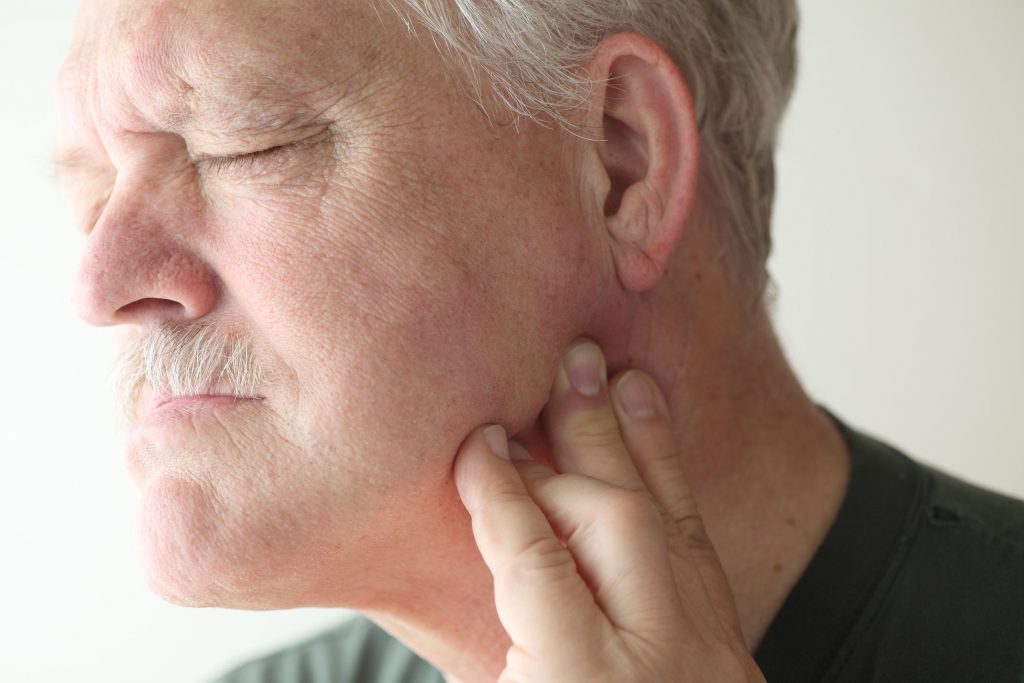
You know to see your dentist twice a year for cleanings and exams, but it may not be as clear when you should seek the services of a Chattanooga oral surgeon. It is likely that at some point your life circumstances will warrant a trip to the oral surgery office. Here are seven scenarios in which you absolutely should seek out the specialty care of a Chattanooga oral surgeon.
1– Wisdom Tooth Extraction
Most of us have at least some wisdom teeth, if not all four, and ultimately any dental professional will tell you you should have them removed. If wisdom teeth align properly with surrounding teeth and the neighboring gum tissue is healthy, they do not have to be removed; however, that does not generally occur. If you haven’t undergone wisdom teeth removal surgery, you should probably see an oral surgeon.
2– Impacted Tooth
An impacted tooth is one that has not erupted within the mouth, and this is often the case with wisdom teeth. Impacted teeth can take on many positions in the bone, and they will attempt to find paths by which to erupt successfully. This can be problematic for a number of reasons as they may grow sideways, partially emerge from the gums, or even stay trapped beneath the gums and jaw bone. Impacted teeth can cause all sorts of problems like pain, swelling, stiffness, and even infection, so they also warrant a visit with an oral surgeon.
3– Dental Implants
Another reason to visit an oral surgeon is the need for dental implants. Dental implants offer a permanent solution for missing or damaged teeth. For most patients, dental implant placement involves two surgical procedures. First, dental implants are placed within your jawbone. For the first three to six months following surgery, the dental implants are beneath the surface of the gums, allowing them time to bond with the jawbone. Then your surgeon will uncover the dental implants, and attach small posts to them to act as anchors for the artificial teeth. The entire process usually takes six to eight months; however, most patients experience little disruption in their daily lives.
4– Corrective Oral Surgery
Facial trauma is another reason you may need to see a Chattanooga oral surgeon for treatment. Facial trauma can include facial and lip lacerations, knocked out teeth, fractured facial bones, fractured upper and lower jaw bones, and more. In the event that you suffer a facial injury due to a sports or motor vehicle accident, work-related injury, or some other circumstance, you may need to be treated by an oral surgeon.

5– Surgically-Assisted Tooth Eruption
Some teeth are just stubborn and will not come in all on their own. If this happens to you or your child, you can seek treatment from an oral surgeon to uncover or expose the tooth and coax it into its proper place, usually with the help of an orthodontist. Tooth exposure is a simple surgical procedure in which the gum is lifted to uncover the impacted tooth, assisting its eruption. If there is still a baby tooth present, it will be removed at the same time.
6– TMJ Treatment
TMJ (Temporomandibular joint) disorders are a family of problems related to the complex jaw joint. Unpleasant symptoms can occur when the joints of the jaw and the surrounding chewing muscles fail to work together as they should. Since some types of TMJ problems can lead to more serious conditions, early detection and treatment is important. An oral surgeon can suggest avenues of treatment for TMJ such as the introduction of a mouthguard to help protect your teeth from excessive grinding and clenching, orthodontic braces to fix a problematic bite, and injections of Botox into the jaw muscles to help manage pain and promote relaxation.
7– Oral Pathology
Another reason to see an oral surgeon is if you think you may be exhibiting symptoms of oral cancer. Things to look for include sores that bleed easily and fail to heal, chronic sore throat or hoarseness, trouble swallowing or chewing, reddish or whitish patches in the mouth, and a lump or thickening on the skin lining the mouth. Any alterations in the appearance of the inside of the mouth could be an indication of an issue. Through our oral pathology services, our oral surgeons at Ocoee can help detect and diagnose these problems in office.
If you find yourself in need of oral surgery care, contact our team at Ocoee Oral Surgery today. We are accepting new patients, and no referral is necessary. We’d love to take care of you.









 Experiencing temporomandibular joint pain? You might have
Experiencing temporomandibular joint pain? You might have